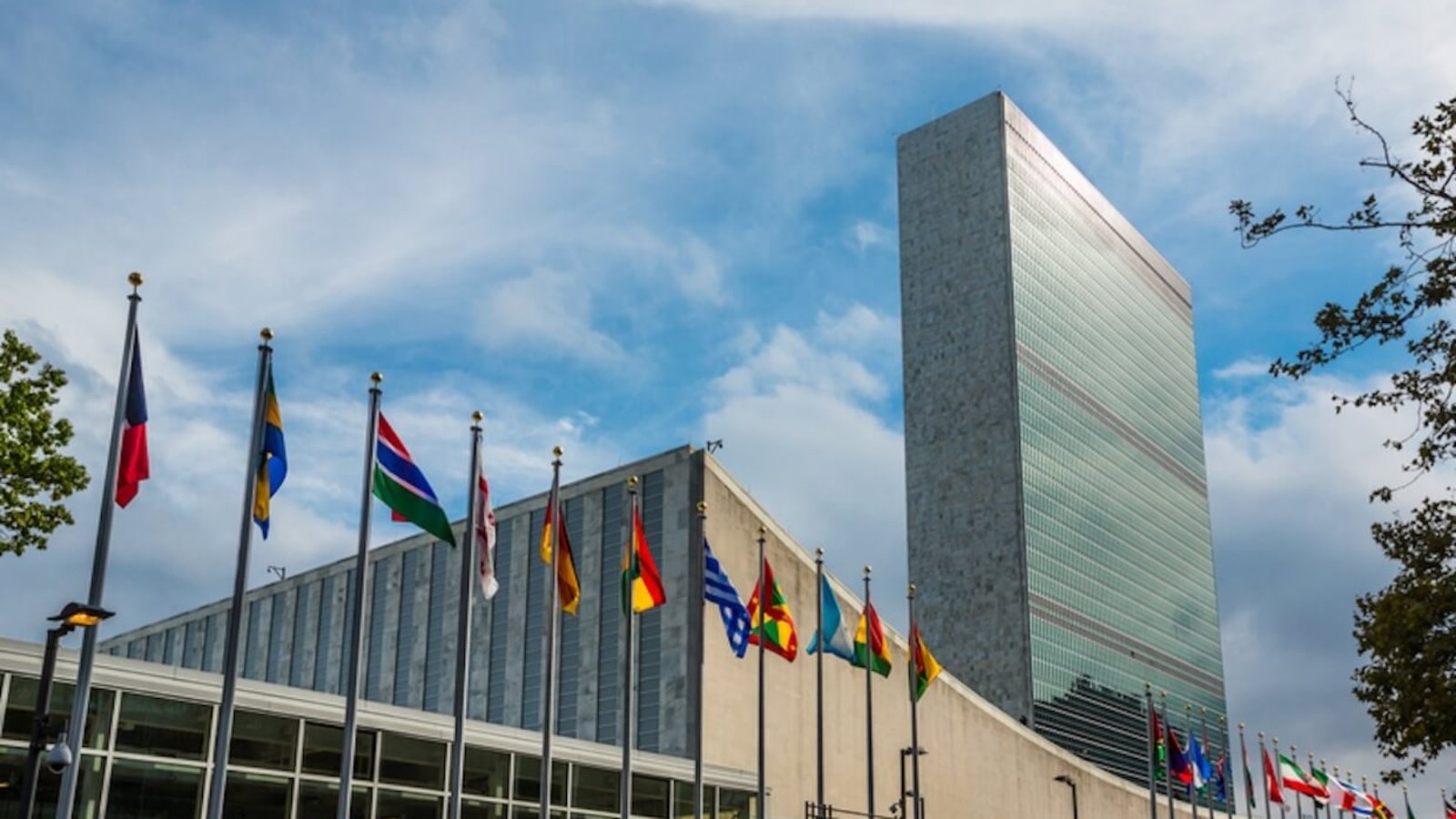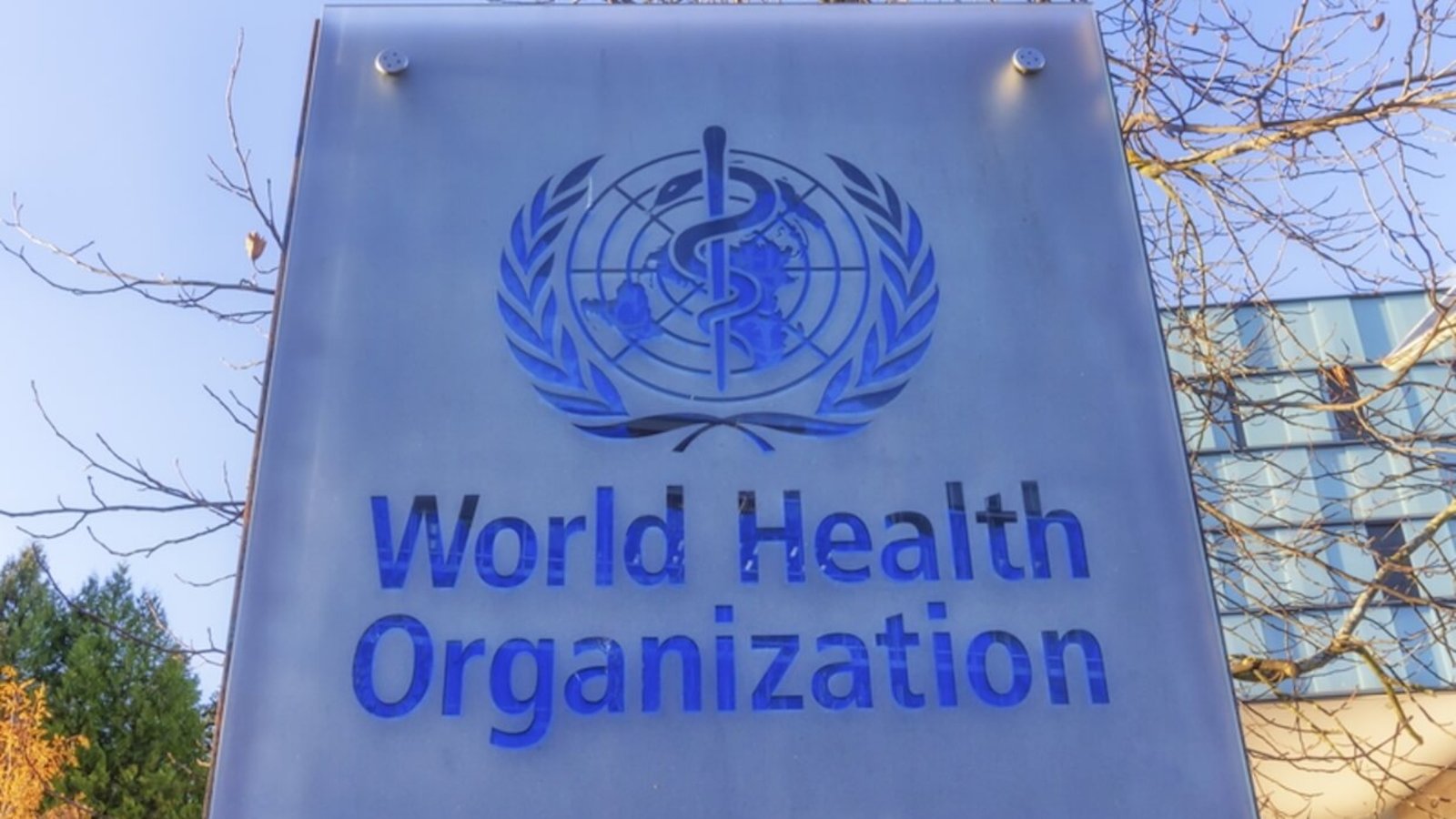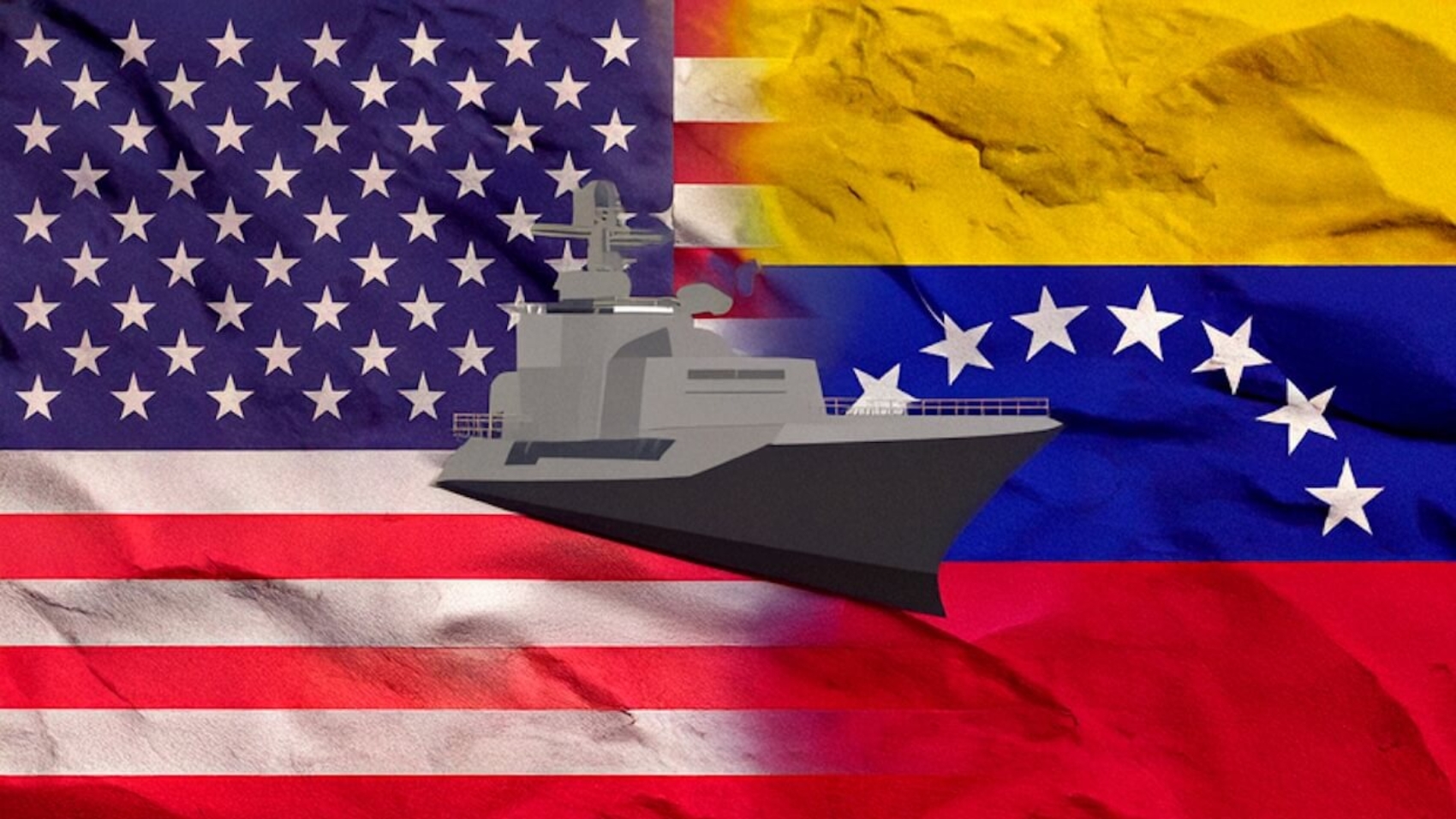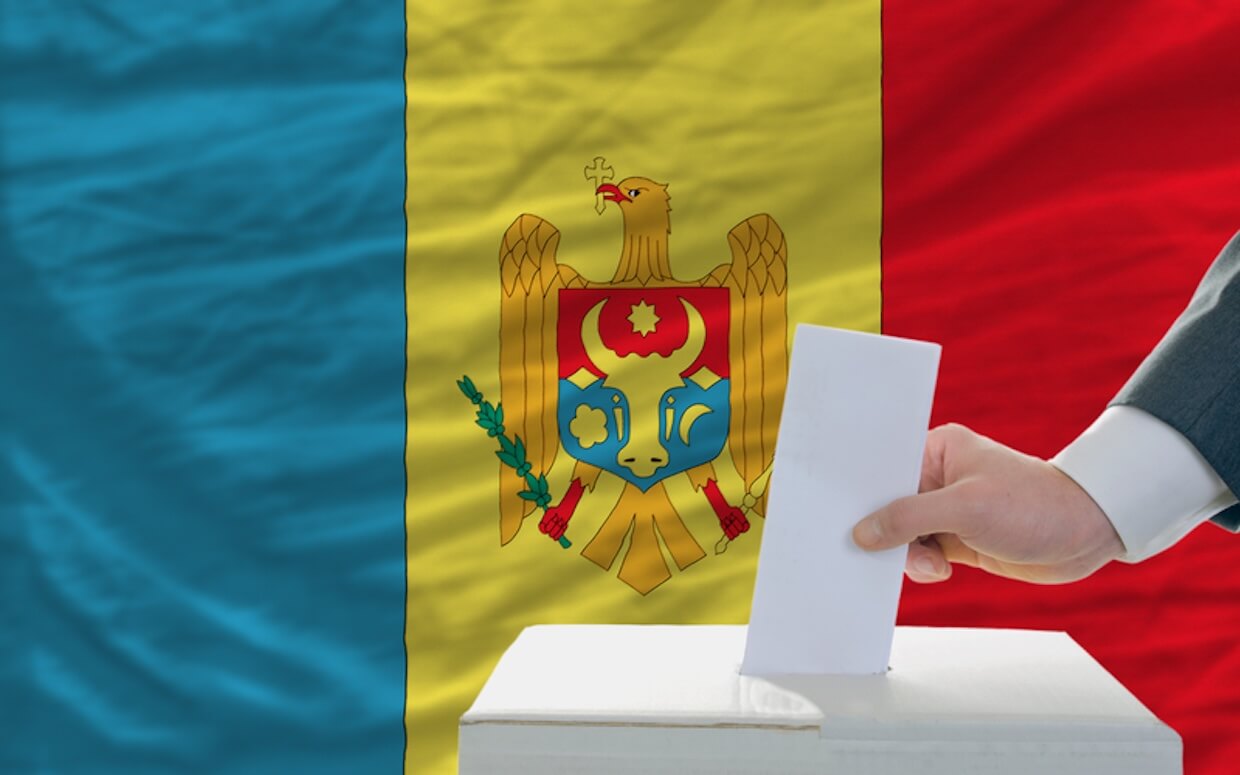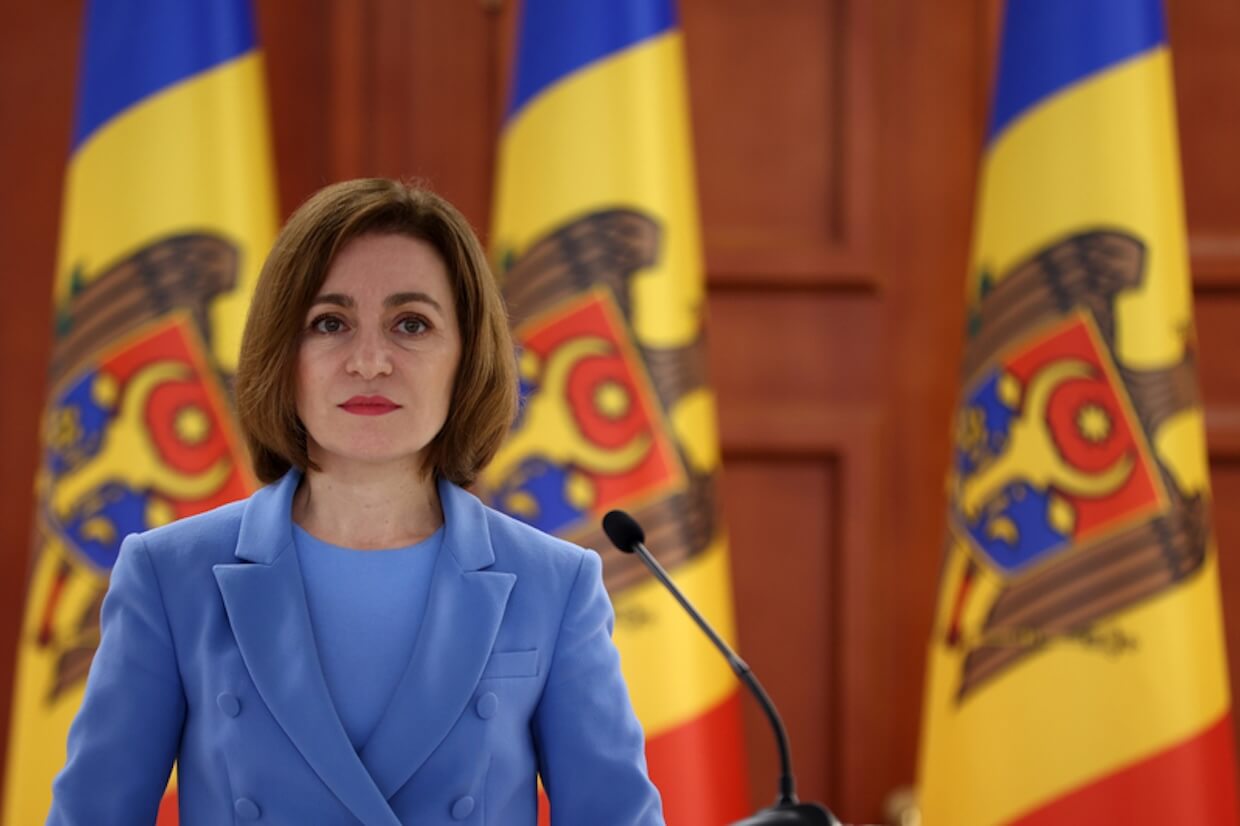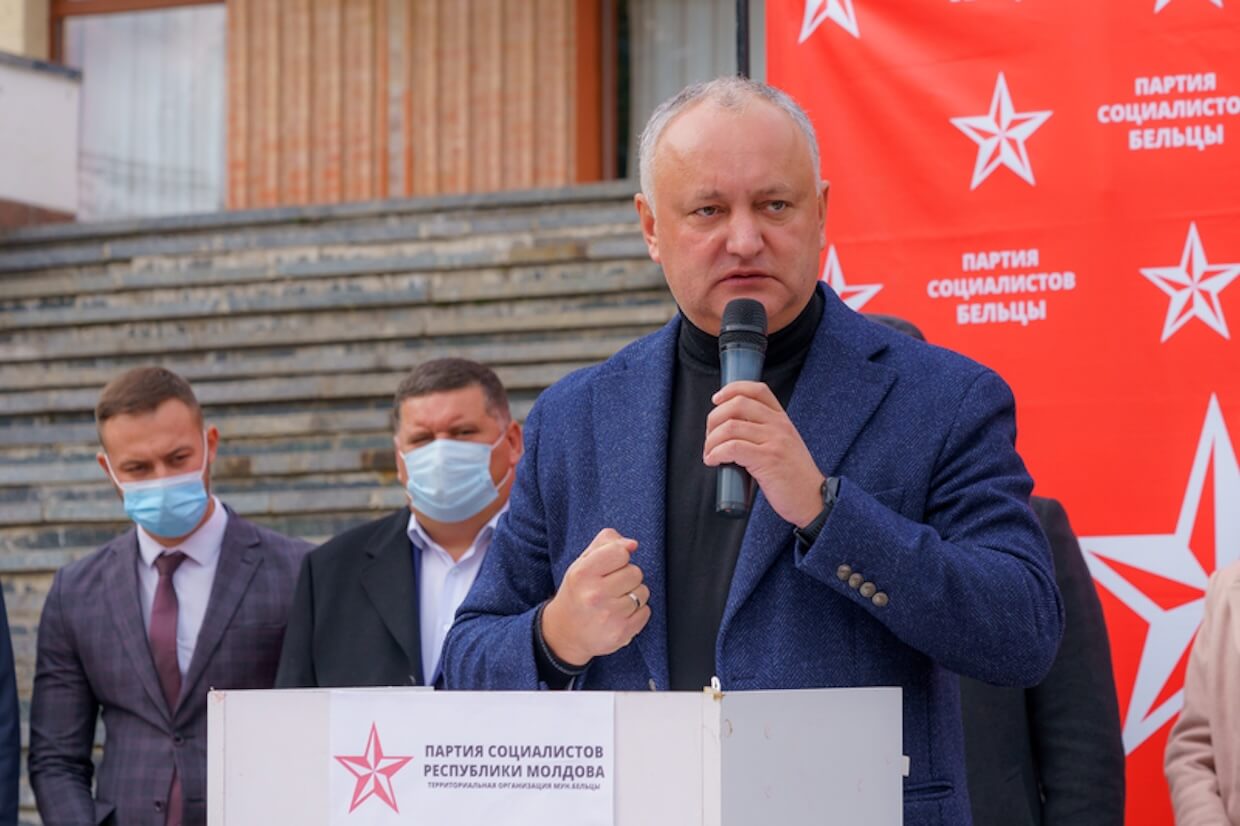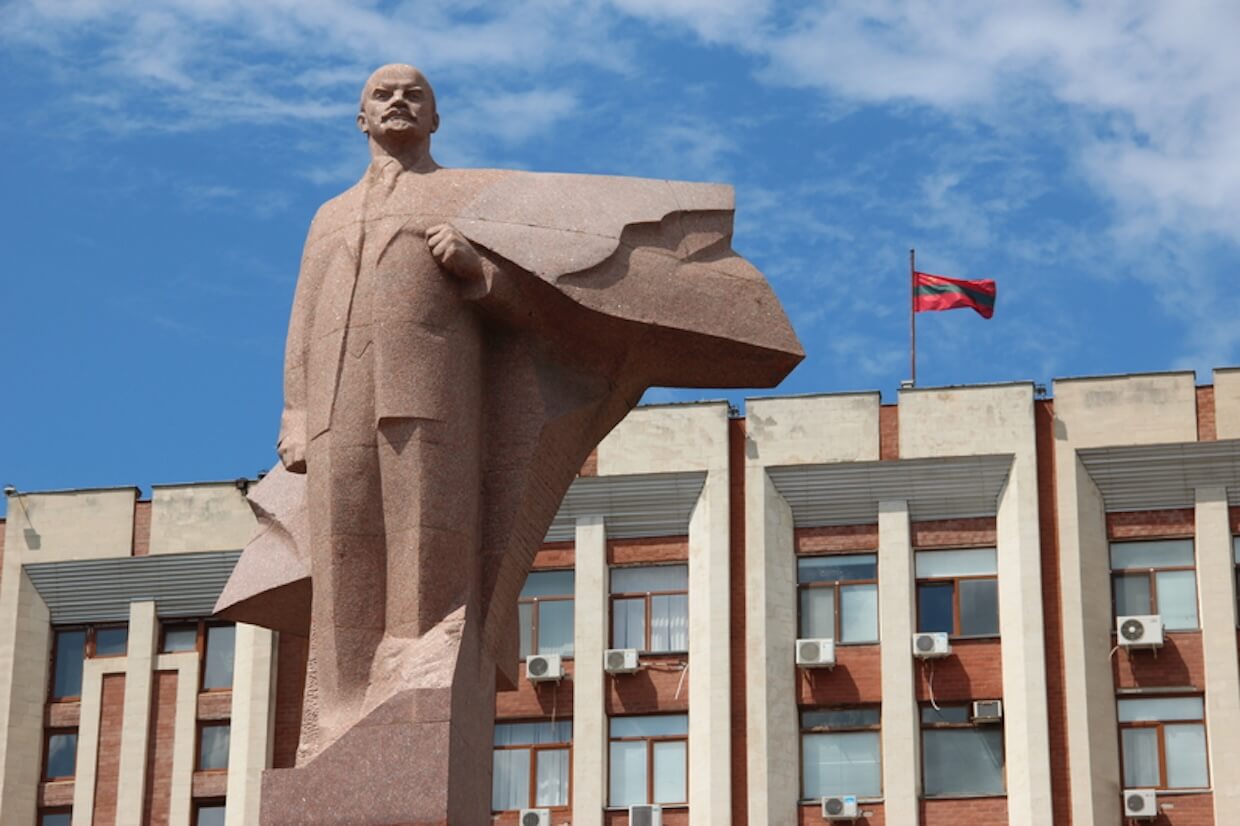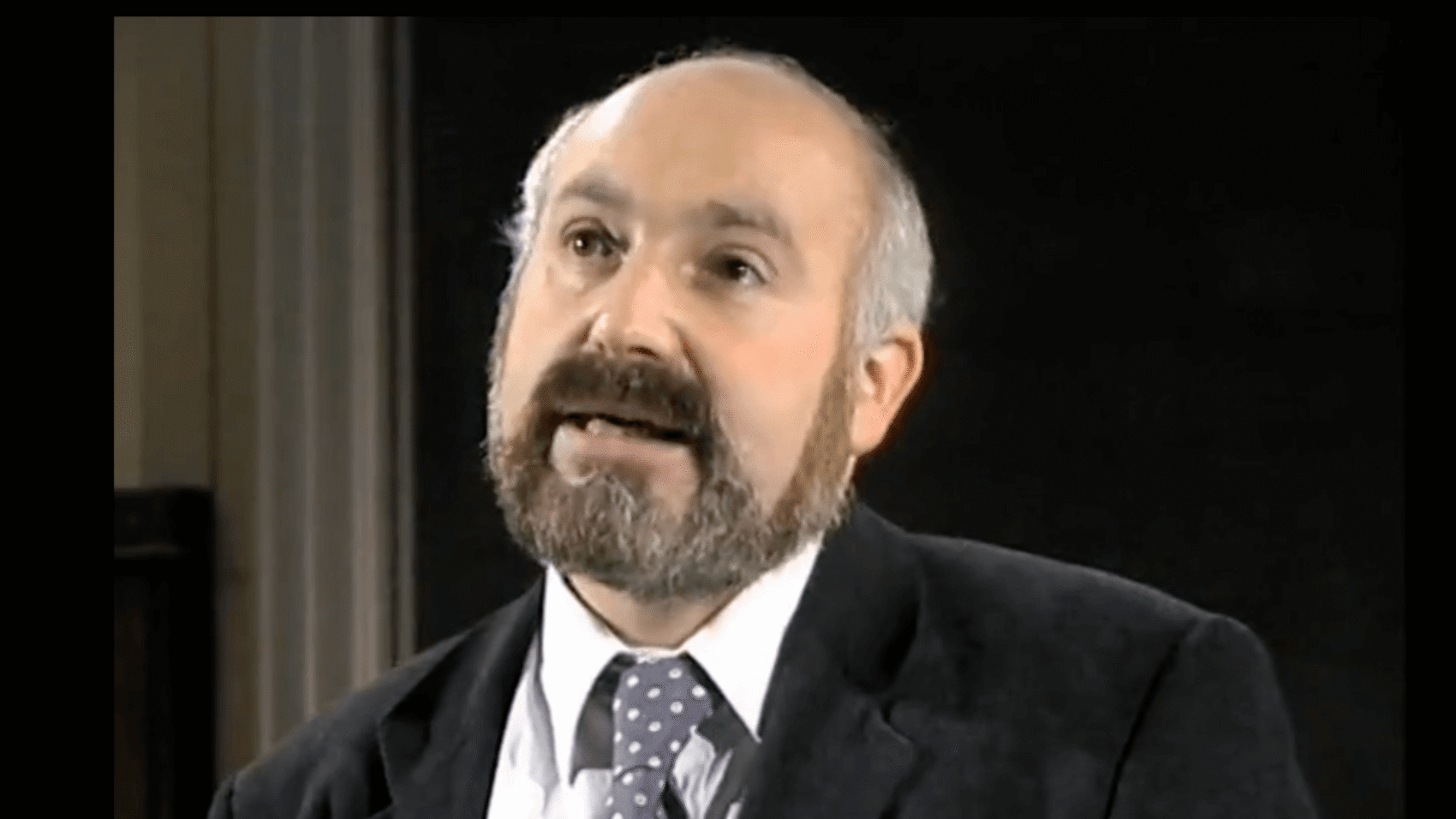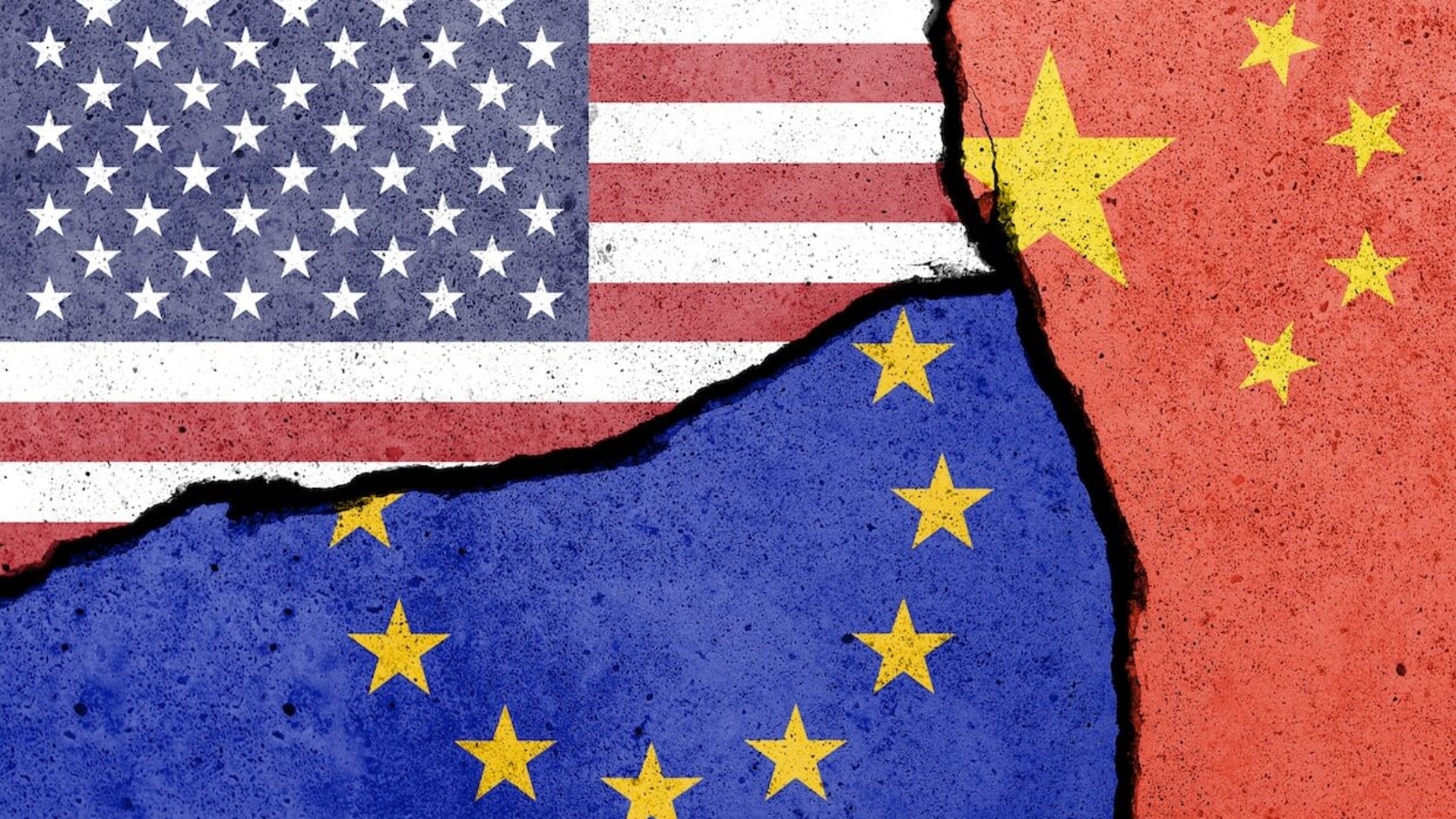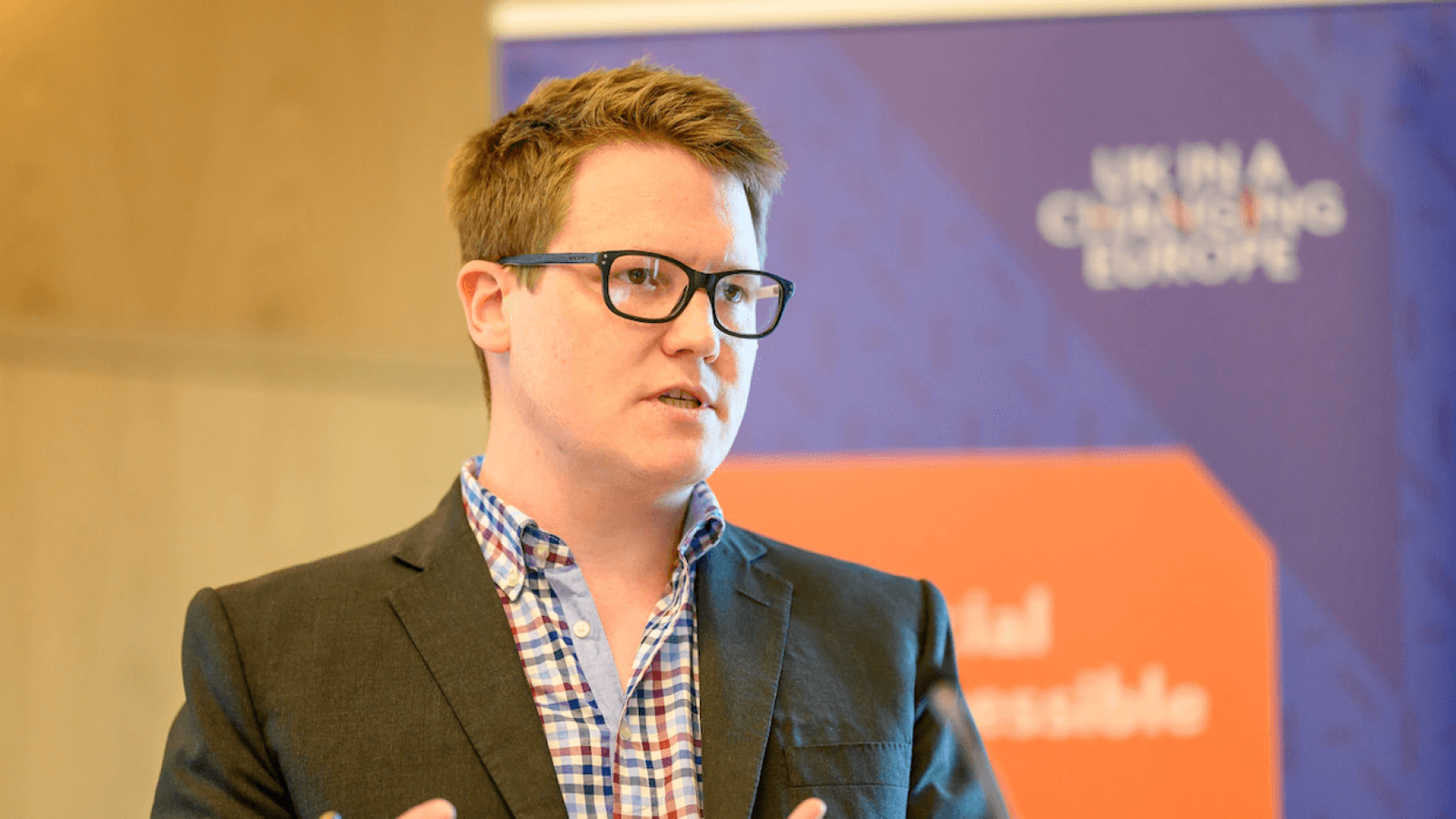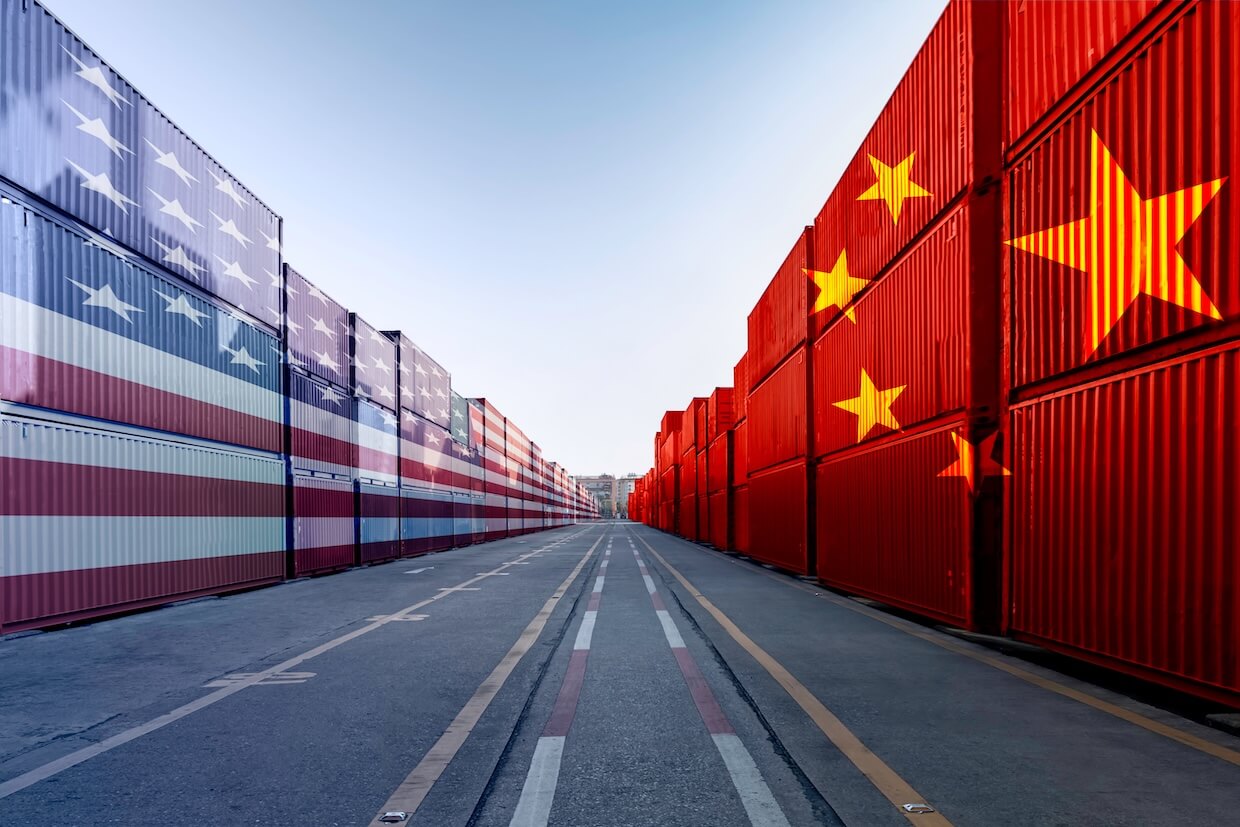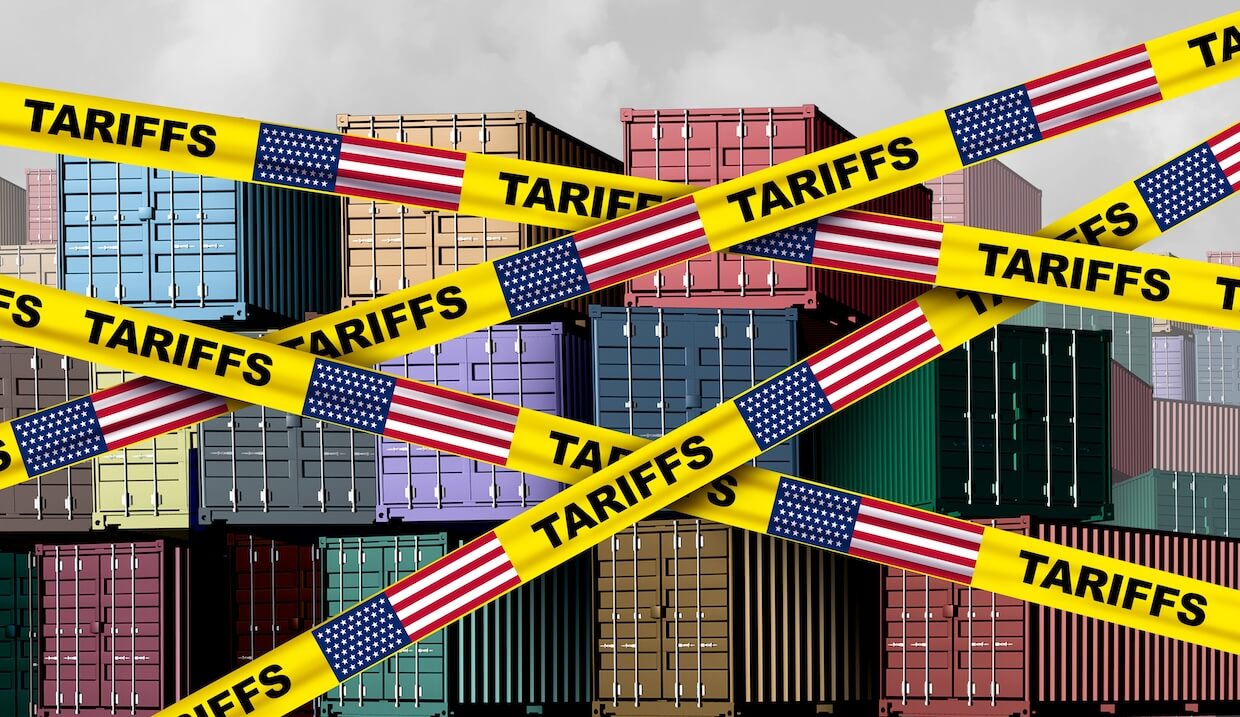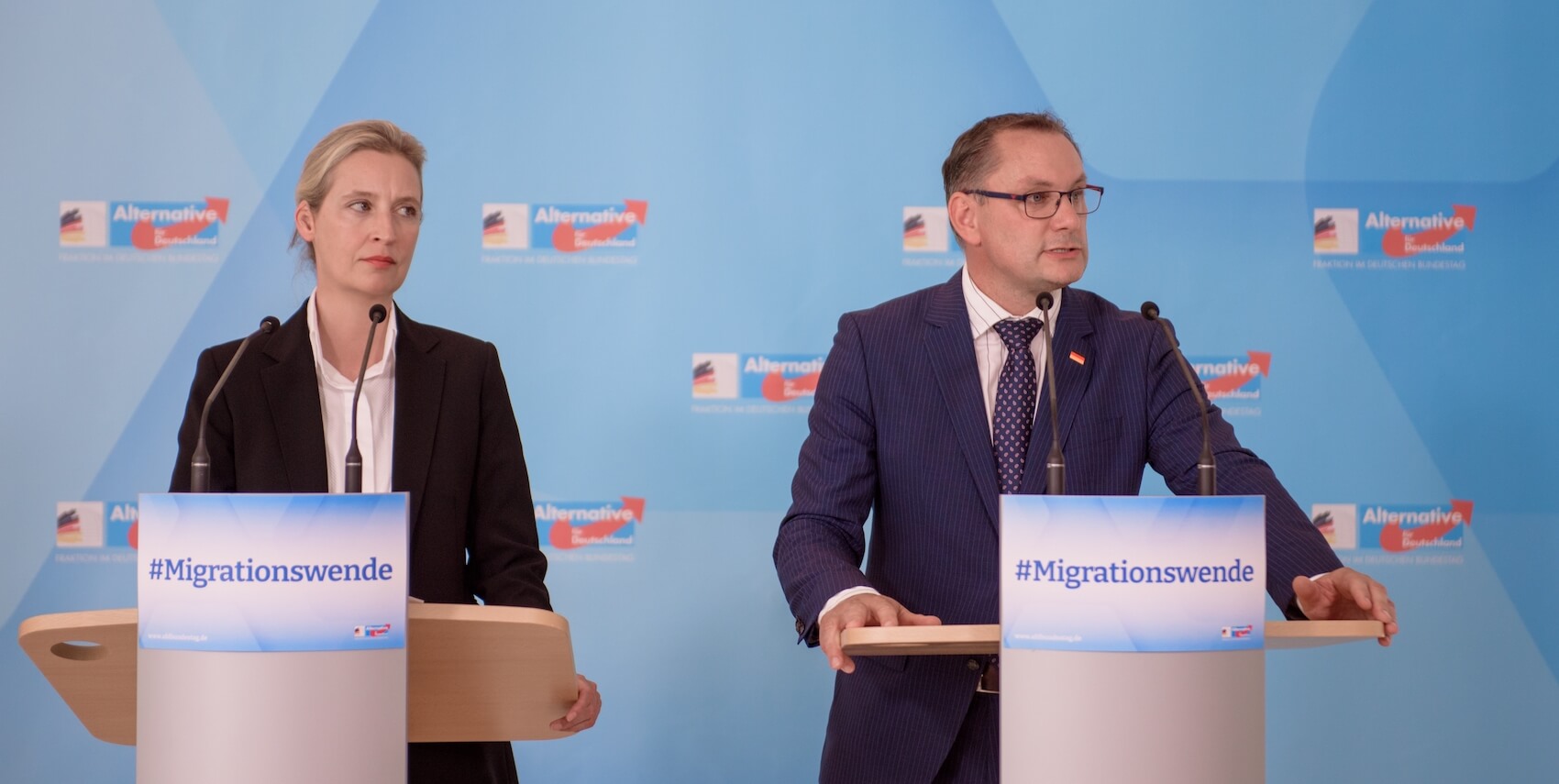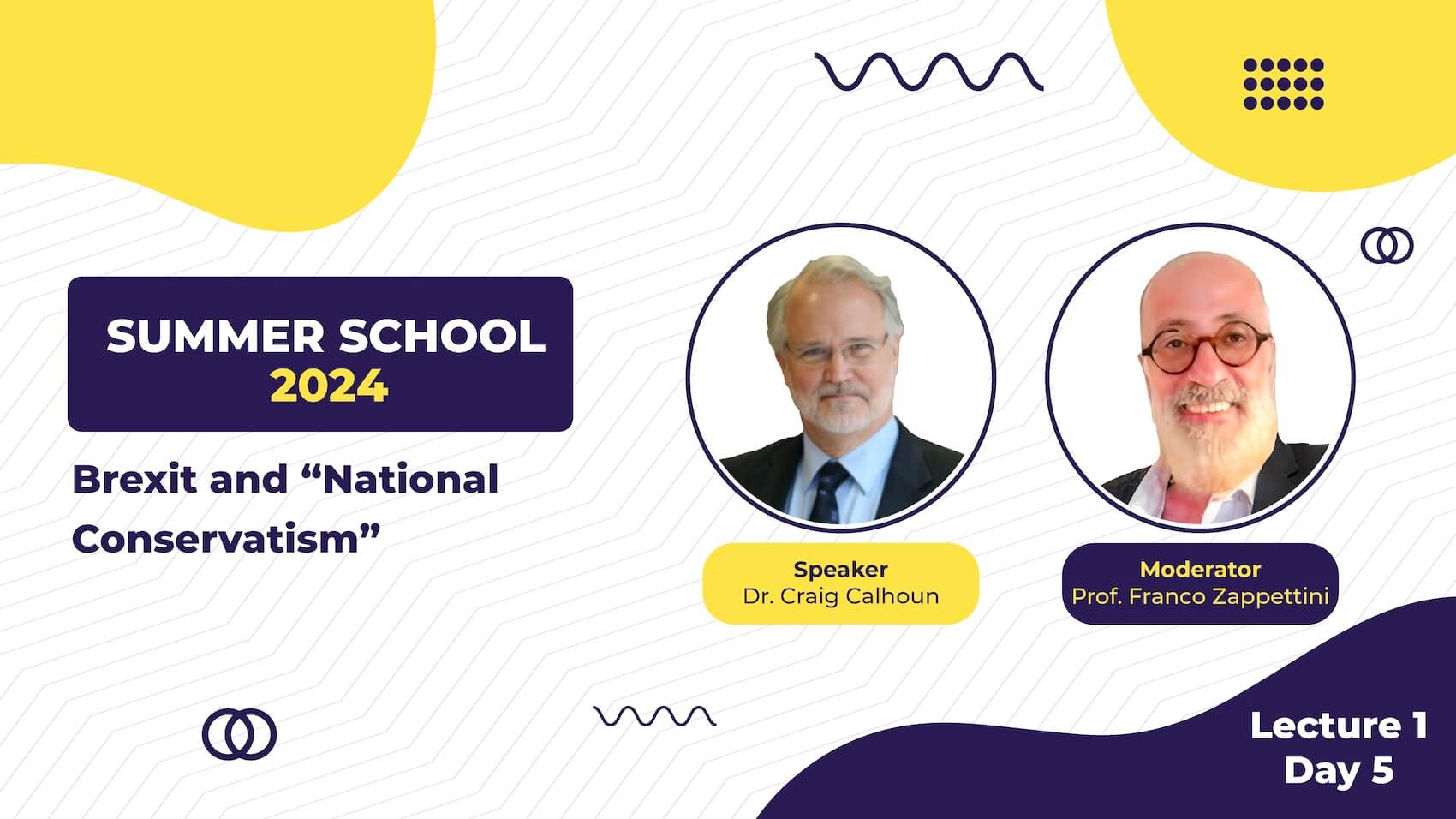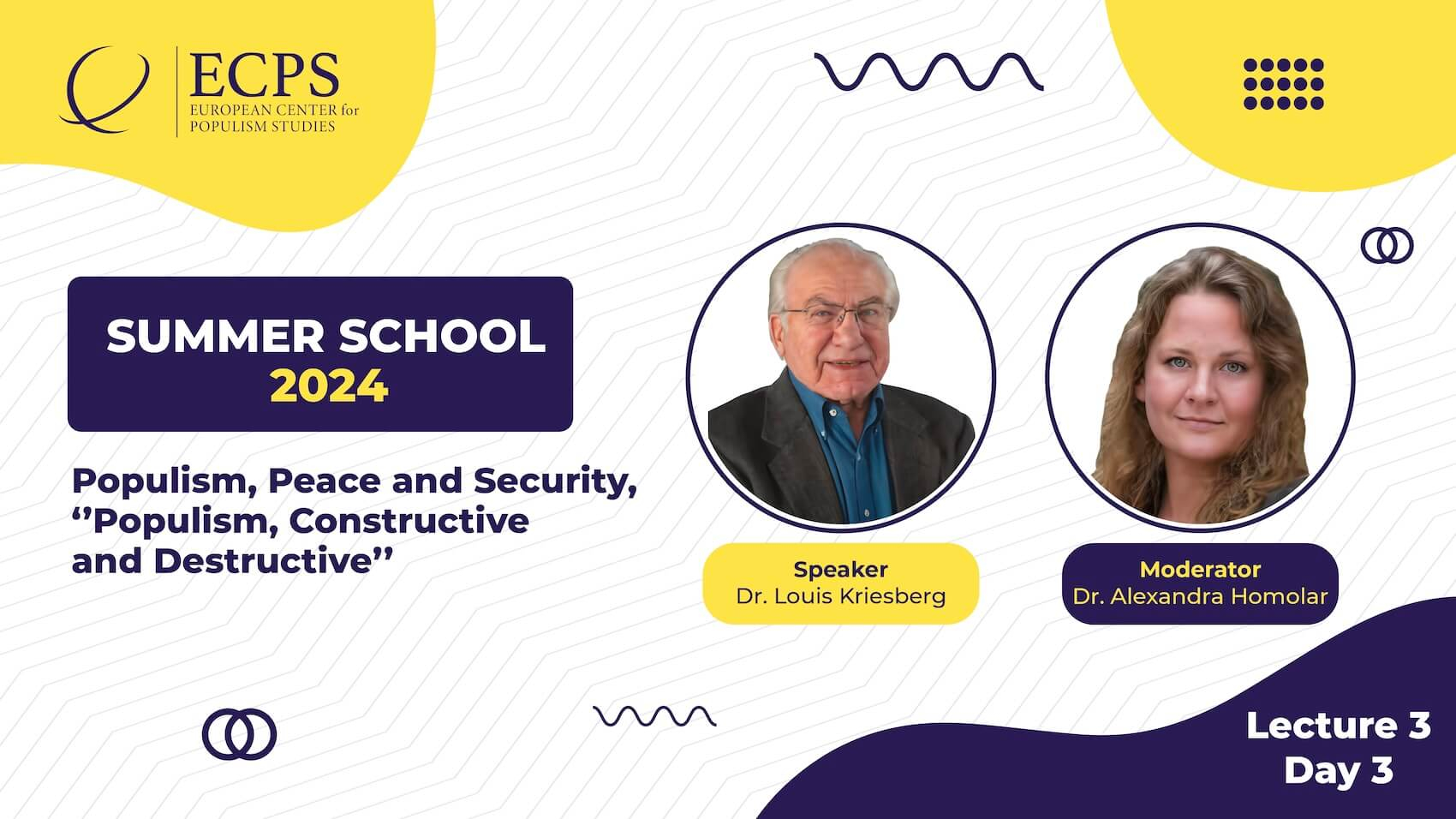Please cite as:
Drieskens, Edith. (2026). “The United Nations.” In: Populism and the Future of Transatlantic Relations: Challenges and Policy Options. (eds). Marianne Riddervold, Guri Rosén and Jessica R. Greenberg. European Center for Populism Studies (ECPS). January 20, 2026. https://doi.org/10.55271/rp00131
DOWNLOAD CHAPTER 10
Abstract
The United Nations’ (UN) eightieth anniversary in 2025 was expected to be a moment of reflection and renewal, but it has instead unfolded amid profound turbulence. This chapter analyses how a series of executive orders issued by the Trump administration have triggered an unprecedented reshaping of the United Nations’ finances, operations and presence. While some settings were directly targeted for funding cuts or reconsideration of membership, the most consequential decisions were broader reviews of US engagement with international organizations and foreign aid. These developments have generated ambiguity in United States–United Nations relations: the United States remains present in most settings, yet its actions have challenged core principles and practices, pushing the organization into a reactive stance that at times borders on survival mode. The chapter further examines the implications for United States–European Union relations, revealing a widening gap between Washington’s transactional approach and the European Union’s seemingly enduring unconditional commitment to multilateralism.
Keywords: multilateralism; United Nations; UN reform; US–EU relations; US–UN relations; Trump administration
By Edith Drieskens*
Introduction
Judging by the messages that fill the card shops in my hometown of Leuven, turning 80 is a remarkable achievement, one that symbolizes strength, resilience, wisdom and perspective. It is a time to celebrate accomplishments and share the stories behind them. But legacy also takes another form when reaching 80: it is an opportunity for renewal. With the illusion of permanence falling away, this age seems to reveal a rare kind of clarity. This lucidity makes turning 80 less about becoming someone new and more about acknowledging who one truly is beneath the layers of years. In this way, it marks a life shaped by constant change, as well as a final transformation before the very last chapter closes. Similarly, the United Nations’ (UN) eightieth year in 2025 has been marked by transformation, yet turbulence has overshadowed celebration, as a series of executive orders issued by the Trump administration has pushed the organization toward fundamental, even existential, reform.
This contribution analyses these decisions and their implications for both United States–United Nations (US–UN) and United States–European Union (US–EU) relations. It shows that, while the combined impact of speed and scope has created an unprecedented situation in the post-1945 international system, these decisions are less erratic than often considered. Yes, they have destabilized the UN’s functioning in recent months and will profoundly shape its functioning in the future. However, they are grounded in a blueprint originating with the first Trump administration and informed by the broader history of US–UN relations. It also shows that, like the UN, the EU has had little choice but to muddle through this milestone because of financial constraints and the absence of consensus beneath the seemingly unconditional rhetoric of support for multilateralism.
A Milestone in Crisis
As the UN marks its eightieth anniversary, reports suggest that the transformative meaning of legacy is particularly relevant for understanding current developments, with some observers even hinting that its final chapter is unfolding as we speak. A little over a year after major ambitions were outlined at the Summit of the Future, there appears to be little to celebrate, as budgetary cuts are expected to fundamentally reshape the organization (Byrnes 2025; Lynch 2025). For some, these cuts represent a long-overdue opportunity to reform the UN, potentially leading to a more effective and efficient organization. For others, however, they signal the end not only of the UN as we know it, but of the UN itself. A striking illustration of this view comes from UN Office for the Coordination of Humanitarian Affairs (OCHA) Director Tom Fletcher, who notes that 79 million people are affected by these ‘brutal cuts’, leaving the organizations involved with equally ‘brutal choices’ and effectively reducing their work to ‘a triage of human survival’ (UN News 2025). Several other UN bodies, including the Joint United Nations Programme on HIV/AIDS (UNAIDS) and the UN World Food Programme (WFP), have announced budget cuts of 10–20% or more, affecting thousands of staff (Lynch 2025).
Whether one thinks in terms of a turning point or a breaking point, of a challenge that can be tackled or a catastrophe that cannot, the fact remains that the depth and pace of the proposed reforms are without precedent. Once complete, the UN will be very different—in what it does, how it operates and even where it is based. The situation in Geneva appears particularly strained, as its role as host to numerous (specialized) agencies seems under threat (Jefford and Langrand 2025). Indeed, as part of the ongoing system-wide review, measures under consideration range from traditional cost-cutting, such as limiting travel and freezing new hires, to the more significant step of relocating entire units to lower-cost locations (Lynch 2025). Long-established UN cities seem to be losing ground, while others, like Nairobi, are set to gain, with the United Nations Children’s Fund (UNICEF), the United Nations Population Fund (UNFPA) and UN Women already planning to relocate their activities to the UN headquarters there. It is therefore not surprising that the mentioned reports discuss declining staff morale, strained working relations, and even demonstrations in Geneva – everything but the celebrations one might expect to mark eighty years (Blackburn 2015).
UN Reform by Force
Although the UN has faced decades of challenges, the current situation was primarily triggered by a series of ‘birthday cards’ – in the form of executive orders – signed by US President Trump in late January and early February. These decisions devote little attention to UN reform, but their combined effect has been extraordinary. Never before have so few words so profoundly reshaped this process. Some UN settings are directly targeted by these decisions. They have been explicitly targeted for reconsideration of membership and funding. All decisions in this category restore the previous status quo: they overturn those of the Biden administration, which itself had reversed decisions of the first Trump administration. More remarkable, and affecting all UN settings, have been the broader, horizontal decisions to review US support for international organizations and its approach to foreign aid.
Five settings fall within the first category, which involves naming, blaming and shaming: the United Nations Educational, Scientific and Cultural Organization (UNESCO), the United Nations Human Rights Council (UNHRC), the United Nations Relief and Works Agency for Palestine (UNRWA), the World Health Organization (WHO), and the Paris Agreement under the United Nations Framework Convention on Climate Change (UNFCCC). The first three have been identified as entities allegedly drifting from their original missions, acting against US interests and undermining allies (The White House 2025b). UNESCO has been accused of failure to reform and address concerns over mounting arrears, as well as anti-Israel sentiment. In a similar vein, UNRWA has been accused of infiltration by foreign terrorist organizations, with some employees allegedly involved in the 7 October attack on Israel. The UNHRC has been criticized for protecting human rights abusers. And while it does not do so explicitly here, the United States has previously criticized this body for bias against Israel. The WHO has been condemned for mishandling the coronavirus pandemic, failing to adopt urgently needed reforms, lacking independence, and demanding unfair payments from the United States (The White House, 2025f). In a similar vein, the Paris Agreement has been denounced as failing to reflect US values or economic and environmental objectives, and therefore not benefiting the American people (The White House 2025e).
These effects are significant for the mentioned settings because the United States is often a key financial contributor (CFR Editors 2025). However, the greatest impact has resulted from decisions that do not target specific UN bodies, or even the UN as such. The first decision mandates a re-evaluation of the US engagement with international settings in the broadest sense, encompassing organizations, conventions, and treaties (The White House 2025b). To this end, the secretary of state was to conduct a review in consultation with the US ambassador to the UN, spanning an estimated six months. The second, and in practice even more significant, decision calls for a re-evaluation of US foreign aid to realign it with American values and interests (The White House 2025c). While a 90-day pause was ordered for evaluation, a stop-work order on foreign aid issued by the secretary of state on January 24 significantly accelerated this process, prompting various UN bodies to abruptly freeze spending and lay off workers (Lynch 2025). The reason is not only that many UN bodies are dependent on US funding, but also that these cuts have come on top of an ongoing liquidity crisis, driven by late payments – including from the United States – and declining contributions. This situation was further aggravated by the Trump administration’s challenge to existing commitments under the Rescissions Act of 24 July 2025, which retracted congressionally approved funding for 2024 and 2025.
Beyond revisiting membership and funding, the Trump administration’s retreat from the UN targets the core values and principles underpinning its work. This withdrawal has been particularly visible in relation to sustainability and diversity, equality and inclusivity, commonly referred to as DEI (Gowan 2025; Lynch 2025). While the already mentioned withdrawal from the Paris Agreement has been the most visible decision in relation to the former, there is a broader belief that the United States has entered international agreements and initiatives that do not align with the country’s values or recognize its role in advancing economic and environmental goals, redirecting public money to countries that neither need nor deserve assistance (The White House 2025e). This reassessment has led the US mission to the UN to state that the US government is no longer willing to invest in the Sustainable Development Goals, as they are inconsistent with both US interests and sovereignty. This appeal to sovereignty is quite intriguing, as the Trump administration’s territorial ambitions regarding Canada, Greenland, and the Panama Canal challenge the principle of sovereignty as enshrined in the UN Charter (Gowan 2025). Concerning DEI, the Trump administration seeks to reverse its predecessor’s decisions (The White House 2025g). It has made this especially clear by rejecting references to gender ideology in the Commission on the Status of Women of the Economic and Social Council (ECOSOC), opting instead to frame discussions in terms of biological sex (The White House 2025d; United States Mission to the United Nations 2025). Further challenging the UN’s human rights framework, it refuses to take part in the Human Rights Council’s Universal Periodic Review (Paccamiccio and McKernan 2025).
Implications for US–UN Relations
While the impact of the Trump administration’s decisions on the UN and its functioning is undeniably disruptive, observers find it difficult to determine what these developments mean for US–UN relations generally (Lombardo 2025). An important reason is that although these decisions suggest disengagement, the United States continues to participate actively in most UN settings. It even explicitly supports specialized (standard-setting) agencies such as the International Telecommunication Union (ITU) and the International Civil Aviation Organization (ICAO) (Lynch 2025). Ambiguity deepens when its president publicly challenges the UN’s relevance by mocking that it provides him only with a faulty escalator and a teleprompter, only to subsequently acknowledge the organization’s potential and confirm his full support. As such, the status quo of the relationship cannot be described, using the terminology of this report, as either moving forward or toward disintegration. The former is evident: the relationship has scarcely improved since the Trump administration took office in early 2025 and began to push back. But the latter is similarly clear. At present, disintegration, in the sense of total collapse, is more evident in the United States’ relationship with certain UN bodies than in its overall relationship with the organization. Of course, this broader relationship is challenged by the disintegration of these settings, which has served as a sobering reminder that US engagement in international organizations is conditional, and that reversal awaits if those conditions are not met.
While recognizing that things can change swiftly in the Trump administration, the status quo of US–UN relations appears to be one of muddling through, although in a somewhat different sense than the editors suggest, who refer to cooperation in policy areas where it is seen as mutually advantageous. Here, cooperation is approached transactionally by one of the partners and is sustained only when it benefits that partner’s interests (Zareba 2025). With others failing to step up quickly and decisively to fill the financial gaps created by the decisions outlined above, the UN seems to have little choice but to accept the terms of cooperation put forward by the Trump administration. These terms, which began as a blueprint during its first term, have materialized in the past few months with remarkable pace and scope, making it much more difficult to single them out, as was sometimes done in the first term in the hope of a return to business as usual after four years (Almqvist 2017; Lynch 2025). This has left the UN with only radical choices. The positive narratives of African empowerment or of UN reform for the twenty-first century through which these decisions have been presented do not alter this reality (Byrnes 2025; Khumalo 2025; Shiffman 2025).
Those surprised by the renewed focus on American interests in US–UN relations may benefit from revisiting the work of the late Edward Luck, who characterized the US approach toward the UN as one of ‘mixed messages’ (Luck 1999). His analysis reminds us that the United States has consistently played an ambiguous role in the world of international organization, alternating between supporter and critic, and that the UN particularly stands out in this regard. Reviewing this work for Political Science Quarterly, Michael Barnett even concluded that the US–UN relationship would make an ideal episode on the ‘Oprah Winfrey Show’ – one titled ‘great powers who love and abuse the UN’ – although with an important caveat (Barnett 2000, 448). It would showcase ‘a long history of hurt feelings, mistrust and grave misunderstandings’, but not the usual happy ending, as ‘the estranged pair is unlikely to reconcile’ (Barnett 2000, 448). Beyond offering historical background, Luck’s work identifies several factors that have fueled tensions in US–UN relations, many of which remain relevant today. He argues that the United States’ inconsistent stance toward international organizations stems from a deeply ingrained sense of exceptionalism, which drives domestic debates over whether national interests are advanced or undermined by engagement. As such, drivers of tension include concerns about safeguarding national sovereignty in an increasingly globalized world, suspicions that organizations may be exploited to advance agendas that conflict with US objectives, and frustration over minority positions. Yet equally significant are issues of funding, burden-sharing and oversight.
Implications for US–EU Relations
This contextualization also reminds us that even though common institutions and rules are often seen as foundational pillars of the Atlantic political order, as is the case in this report, the United States and the EU have never fully aligned in their stance toward the UN. The EU’s discourse, unlike that of the US, has always conveyed an unambiguous message regarding the UN. A commitment to multilateral cooperation, particularly within the UN framework, is deeply embedded in its identity as an international actor (Drieskens 2023). The EU’s internal structure explains why this is the case: it is the most formalized and institutionalized example of multilateral cooperation. Importantly, multilateralism remains central to its approach, even as the notion of the EU as a geopolitical actor has become more prominent in recent years. According to the EU, contemporary challenges demand more multilateralism, not less. The coronavirus pandemic prompted the EU to articulate its ambition to reinforce the multilateral system in early 2021. Likewise, in the context of its pursuit of ‘strategic autonomy’, the Versailles Declaration adopted in March 2022 reaffirms ‘its intention to intensify support for the global rules-based order, with the United Nations at its core’ (European Council 2022, 3). As such, few were surprised when, in the same meeting where the United States questioned the relevance of the UN, the EU reaffirmed its support for the rules-based international order that upholds the UN Charter in particular and multilateralism more broadly, thereby confirming its long-standing commitment to human rights and sustainability.
The EU’s continued adherence to these values led to a public rebuke by President Trump at the September 2025 General Assembly meeting in New York. The EU was called out, with even more words devoted to its failures than those of the UN (The White House 2025f). Responding rather than reacting, the EU opted to point out differences without naming the United States, stressing its own reliability and predictability (European Council 2025). In fact, it only mentioned the United States briefly in its address, without singling it out. Also, at other times in recent months, the EU’s public criticism has been mostly cautious or implicit, expressing regret and concern and reminding the United States that its decisions run counter to its own interests. As such, even if the EU has framed the situation internally as an opportunity to enhance its influence and has taken some financial decisions to address it, it has mostly acted as an observer (Sherriff 2025).
Insecurity and inability, rather than indifference, appear to have driven this public restraint, underscoring that the current EU–US relationship is not one of equals. Since the Trump administration assumed office, the EU has largely been walking on eggshells in its dealings with the US, devoting considerable effort to reducing existing tariffs and preventing new ones (Lehne 2025; Zerka 2025). This wider context of muddling through – largely rooted in fears of retaliation through tariffs or other ways, including the possible withdrawal from vital organizations such as NATO – has constrained the EU’s ability to publicly criticize the Trump administration’s dealings with the UN, leaving it with little alternative but to proceed with caution (Chadwick 2025b; Fox 2025). Financial constraints and a lack of consensus should also be mentioned here. Regarding the former, the EU has been urged to step up not only to alleviate humanitarian suffering, but also because the US decisions carry direct consequences for the EU given their close cooperation on the ground (Le Piouff 2025; Sherriff 2025). Yet stepping in to fully fill the gap left by the United States is not an option. Alternative priorities – several imposed by the Trump administration’s choices, such as the need for enhanced defence spending – mean there is little financial leeway (Chadwick 2025a; Vasquez 2025; Vinocur 2025).
Regarding the latter, it is important to recall that, given the distribution of competences within the EU on most UN matters, the ability to deliver a strong, unified response rests largely with the member states. Two challenges are important in this regard: they are not equally critical of the Trump administration, nor are they united in a maximalist commitment to the UN, with recent research confirming that engagement varies beneath the seemingly unconditional rhetoric discussed above (Blavoukos and Galariotis 2025).
Conclusion
In Charles Lindblom’s original conception, ‘muddling through’ refers to policy formulation through incrementalism, in which complex policy is developed through small, successive changes (Lindblom 1959). Grounding his argument in the context of US policy change, Lindblom contrasted this ‘branch method’ with the ‘root method’, which revisits the underlying fundamentals each time. This contribution has shown that, although the Trump administration appears to have shaken and even uprooted the foundations of the UN, the surprising element lies more in the speed and scale of its decisions than in their general direction, whether viewed in light of its first term or the broader historical context of UN–US relations. Time will tell in what form the UN will emerge from this storm.
What is clear, however, is that these decisions have left the organization with little choice but to muddle through. The same applies to the EU, which lacks the means and the consensus to calm the crisis, let alone restore normalcy. However, returning to the birthday wishes that framed this contribution, the silver lining beyond the promise of UN reform may be the clarity this turbulent period provides: neither the US–UN nor the US–EU relationship is one of equals now, nor are they likely to become so in the years to come. With this timeline in mind, the EU should recognize that muddling through may be justified as an early crisis response, but it is unsustainable if multilateralism truly constitutes a cornerstone of its identity. While the plans for UN reform remain a work in progress at the time of writing, the parameters are quite clear. They encourage the EU to evolve from branching to rooting, engaging in a substantive discussion of its commitment to the UN system, including its reliance on others to realize its multilateral goals. Maintaining credibility as a dependable actor requires confronting these dependencies decisively, whether they involve the United States or other partners. In this context, the UN’s milestone may also offer a transformative opportunity for the EU, clarifying what its multilateral commitment means in practice and how to put it into practice.
(*) Edith Drieskens is an Associate Professor of International Relations at the Leuven International and European Studies (LINES) institute, where she teaches courses on international organizations, international relations theories and academic writing. Her work explores the regional dimension of global governance from a conceptual, theoretical and empirical point of view, focusing on the EU’s functioning in multilateral settings (mainly, but not exclusively) post-Lisbon (UN Security Council, UN General Assembly, UNESCO, WADA). She is co-editor of The Sage Handbook of European Foreign Policy (Sage, 2015). She holds a PhD in Social Sciences from Leuven University (December 2008), as well as master degrees in Political Sciences (Leuven University, 2000), European Studies (Leuven University, 2001) and American Studies (Universities of Antwerp, Ghent and Brussels, 2002). Before returning to Leuven on a full-time basis in September 2011, she was a Senior Research Fellow at the Clingendael Institute in The Hague (2009–2011). Her ongoing research examines the EU as a heritage actor in international relations. Her research has appeared in a variety of international journals, including the Journal of European Public Policy, the Journal of European Integration, European Security, JCMS: Journal of Common Market Studies and Public Administration. Email: edith.drieskens@kuleuven.be
References
Almqvist, Jan. 2017. “Transforming the United Nations: Countering the US Budget-Cut Threats.” Real Instituto Elcano, September 17. https://www.realinstitutoelcano.org/en/analyses/transforming-the-united-nations-countering-the-us-budget-cut-threats/
Barnett, Michael. 2000. “Mixed Messages: American Politics and International Organization, 1919–1999.” Political Science Quarterly 115 (3): 448–49.
Blackburn, Georgia. 2025. “Almost 500 Staff Protest against UN Budget Cuts as US Scales Back Humanitarian Funds.” Euronews, May 1. https://www.euronews.com/my-europe/2025/05/01/almost-500-staff-protest-against-un-budget-cuts-as-us-scales-back-humanitarian-funds
Blavoukos, Spyros, and Ioannis Galariotis. 2025. “Drivers of Differentiation between EU Member-States in the UN General Assembly.” European Journal of Political Research 64 (2): 834–50.
Byrnes, Thomas. 2025. “Financial Collapse Is Forcing Radical UN Restructuring (UN80).” LinkedIn, May 2. https://www.linkedin.com/pulse/more-excuses-how-financial-collapse-forcing-radical-un-thomas-byrnes-fs2ge/
CFR Editors. 2025. “Funding the United Nations: How Much Does the U.S. Pay?” Council on Foreign Relations, February 28. https://www.cfr.org/article/funding-united-nations-what-impact-do-us-contributions-have-un-agencies-and-programs
Chadwick, Vince. 2025a. “Inside the EU’s Private Assessment on Trump’s Massive Aid Cuts.” Euractiv, October 26. https://www.euractiv.com/news/inside-the-eus-private-take-on-trumps-massive-aid-cuts/
Chadwick, Vince. 2025b. “Europe Takes Note but No Action amid USAID Collapse.” Devex, March 18. https://www.devex.com/news/devex-invested-europe-takes-note-but-no-action-amid-usaid-collapse-109183
Drieskens, Edith. 2023. “European Integration and the United Nations.” In The Cambridge History of the European Union, edited by Mathieu Segers and Steven Van Hecke, 345–65. Cambridge: Cambridge University Press.
European Council. 2025. “Speech by President António Costa at the 80th United Nations General Assembly.” September 25. https://www.consilium.europa.eu/en/press/press-releases/2025/09/25/speech-by-president-antonio-costa-at-the-80th-united-nations-general-assembly/
European Council. 2022. The Versailles Declaration, 10–11 March 2022. Council of the European Union. https://www.consilium.europa.eu/media/54802/20220311-versailles-declaration-de.pdf
Fox, Benjamin. 2025. “EU Aid Chief: Washington Aid Freeze Will Damage US Interests.” EUobserver, February 12. https://euobserver.com/eu-and-the-world/arac1d4c50
Gowan, Richard. 2025. “Doing ‘Less with Less’ at the UN.” International Crisis Group, May 16. https://www.crisisgroup.org/global-united-states/doing-less-with-less-un
Jefford, Katie, and Michelle Langrand. 2025. “International Geneva Layoffs Pile Up amid Painful Funding Cuts.” Geneva Solutions, July 25. https://genevasolutions.news/global-news/international-geneva-layoffs-pile-up-amid-painful-funding-cuts
Khumalo, Edna. 2025. “UN to Move Three Global Agency Headquarters to Nairobi in Historic Africa Shift.” Further Africa, August 7. https://furtherafrica.com/2025/08/07/un-to-move-three-global-agency-headquarters-to-nairobi-in-historic-africa-shift/
Lehne, Stefan. 2025. “Can the EU Meet the Trump Moment?” Carnegie Europe, November 4. https://carnegieendowment.org/europe/strategic-europe/2025/11/can-the-eu-meet-the-trump-moment?lang=en
Le Piouff, Chloé. 2025. “Filling the Void: Why the EU Should Step Up amid Trump’s Foreign Aid Cuts.” European Council on Foreign Relations, January 24. https://ecfr.eu/article/filling-the-void-why-the-eu-should-step-up-amid-trumps-foreign-aid-cuts/
Lindblom, Charles E. 1959. “The Science of ‘Muddling Through’.” Public Administration Review 19 (2): 79–88.
Lombardo, Andrea. 2025. “What Is the U.S. Posture Toward the United Nations?” Center for Strategic Studies, September 25. https://www.csis.org/analysis/what-us-posture-toward-united-nations
Luck, Edward C. 1999. Mixed Messages: American Politics and International Organization 1919–1999. Washington, DC: Brookings Institution Press.
Lynch, Colum. 2025. “Deep Dive: The UN – From Big Ideas to Big Cuts.” Devex, August 8. https://www.devex.com/news/deep-dive-the-un-from-big-ideas-to-big-cuts-110614
Paccamiccio, Nicole, and Lauren McKernan. 2025. “US Skips UN Periodic Rights Review.” Human Rights Watch, November 7. https://www.hrw.org/news/2025/11/07/us-skips-un-periodic-rights-review
Sherriff, Andrew. 2025. “Turmoil in USAID and the Challenge for the EU’s Response.” ECDPM, February 12. https://ecdpm.org/work/turmoil-usaid-and-challenge-eus-response
Shiffman, John. 2025. “UN May Cut Staff by 20%, Internal Memo Says.” Reuters, May 29. https://www.reuters.com/business/world-at-work/un-may-cut-staff-by-20-internal-memo-says-2025-05-29/
The White House. 2025a. “At UN, President Trump Champions Sovereignty, Rejects Globalism.” September 23. https://www.whitehouse.gov/articles/2025/09/at-un-president-trump-champions-sovereignty-rejects-globalism/
The White House. 2025b. Executive Order 14199: Withdrawing the United States from and Ending Funding to Certain United Nations Organizations. February 4. https://www.whitehouse.gov/presidential-actions/2025/02/withdrawing-the-united-states-from-and-ending-funding-to-certain-united-nations-organizations-and-reviewing-united-states-support-to-all-international-organizations/
The White House. 2025c. Executive Order 14169: Reevaluating and Realigning United States Foreign Aid. January 20. https://www.whitehouse.gov/presidential-actions/2025/01/reevaluating-and-realigning-united-states-foreign-aid/
The White House. 2025d. Executive Order 14168: Defending Women from Gender Ideology Extremism and Restoring Biological Truth to the Federal Government. January 20. https://www.whitehouse.gov/presidential-actions/2025/01/defending-women-from-gender-ideology-extremism-and-restoring-biological-truth-to-the-federal-government/
The White House. 2025e. Executive Order 14162: Putting America First in International Environmental Agreements. January 20. https://www.whitehouse.gov/presidential-actions/2025/01/putting-america-first-in-international-environmental-agreements
The White House. 2025f. Executive Order 14155: Withdrawing the United States from the World Health Organization. January 20. https://www.whitehouse.gov/presidential-actions/2025/01/withdrawing-the-united-states-from-the-worldhealth-organization
The White House. 2025g. Executive Order 14151: Ending Radical and Wasteful Government DEI Programs and Preferencing. January 20. https://www.whitehouse.gov/presidential-actions/2025/01/ending-radical-and-wasteful-government-dei-programs-and-preferencing/
United States Mission to the United Nations. 2025. “Explanation of Position on the Commission on the Status of Women (CSW) Political Declaration.” March 10. https://usun.usmission.gov/explanation-of-position-on-the-commission-on-the-status-of-women-csw-political-declaration
UN News. 2025. “Brutal Funding Cuts Mean Brutal Choices, Warns UN Relief Chief.” June 16. https://news.un.org/en/story/2025/06/1164421
Vasquez, Elena. 2025. “EU Plans to Slash 80 Development Offices Abroad amid Refocus.” Euronews, January 17. https://www.euronews.com/my-europe/2025/01/17/exclusive-eu-plans-to-slash-80-worldwide-development-offices-in-refocus
Vinocur, Nicholas. 2025. “Europe’s Diplomatic Arm to Slash Foreign Offices.” POLITICO, May 20. https://www.politico.eu/article/eu-diplomacy-downsize-staff-budgets-kaja-kallas/
Zareba, Sylwia. 2025. “US Adopts Clear Interest-Based Approach to the UN System.” Polski Instytut Spraw Międzynarodowych, February 5. https://www.pism.pl/publications/us-adopts-clear-interest-based-approach-to-the-un-system
Zerka, Pawel. 2025. “Reality Show: Why Europe Must Not Cave in Trump’s Culture War.” European Council on Foreign Relations, September 23. https://ecfr.eu/publication/reality-show-why-europe-must-not-cave-in-trumps-culture-war/

